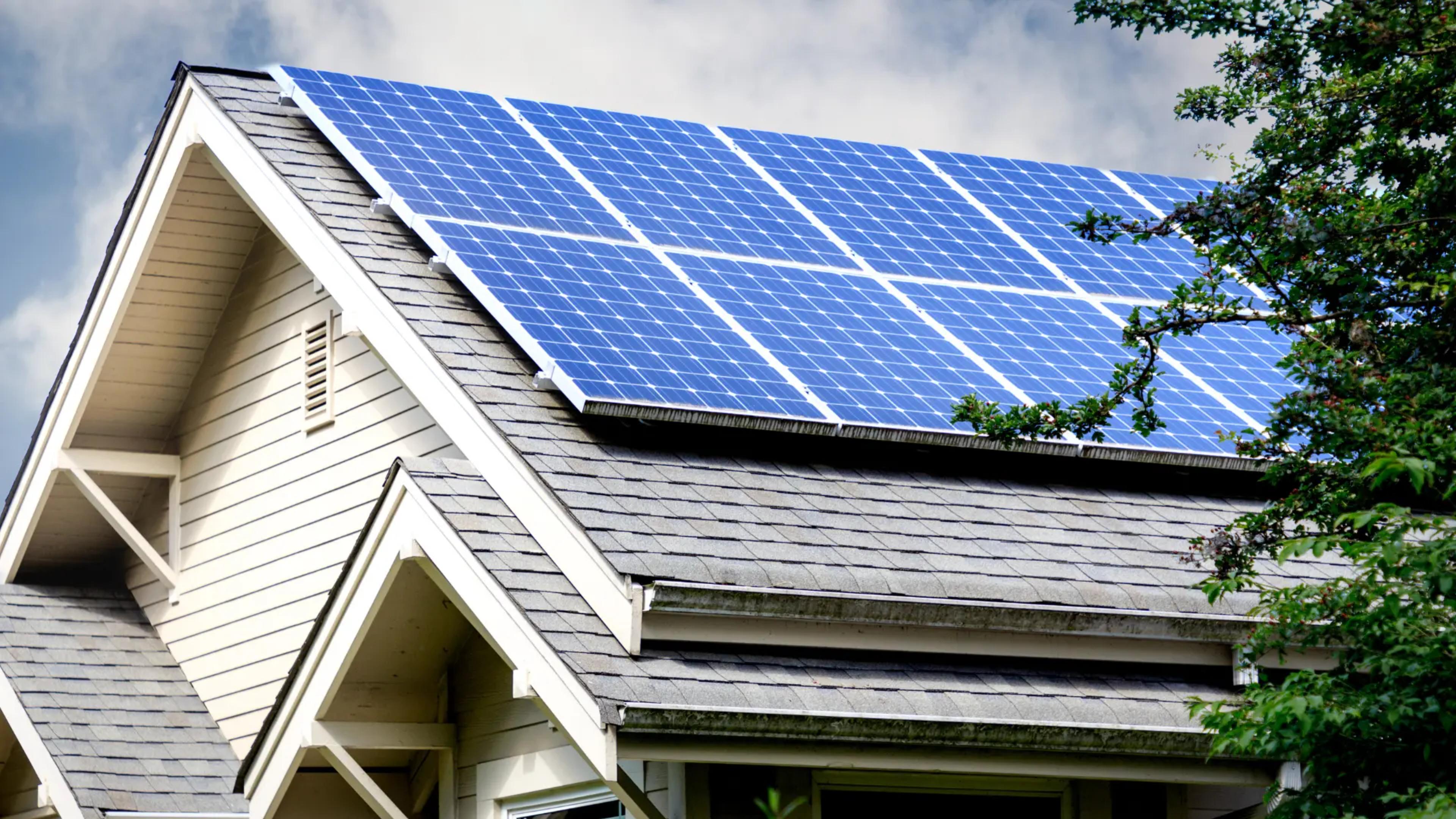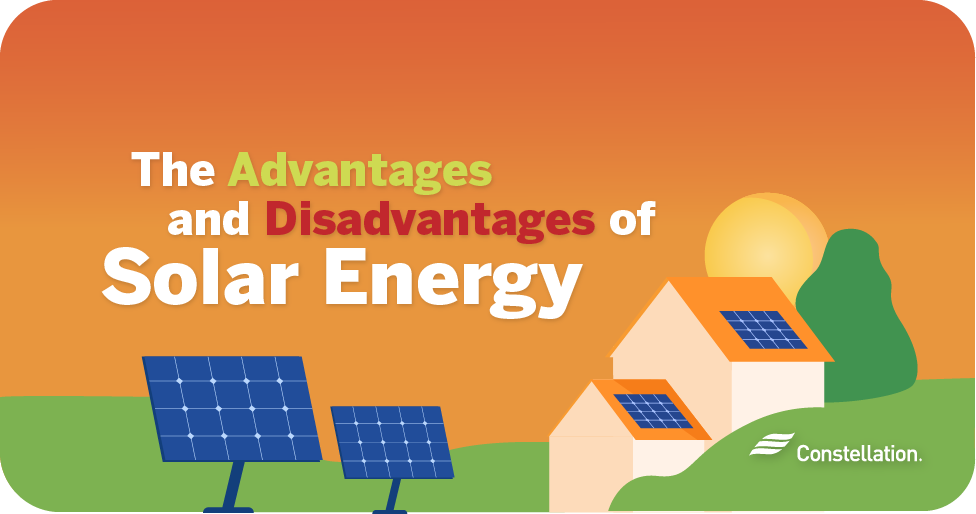Solar Power 101: A Beginner's Guide to Sustainable Energy Solutions
As the globe significantly moves in the direction of sustainable power options, understanding the fundamentals of solar power comes to be vital for both individuals and companies. By discovering the advantages of solar modern technology, together with the monetary motivations and installment procedures, one can obtain a more clear point of view on exactly how to successfully integrate this sustainable resource into their power method.
Recognizing Solar Power
At its core, recognizing solar energy includes realizing the essential concepts of just how sunlight can be exchanged functional electrical energy. Solar energy is stemmed from the sun's radiation, which can be harnessed through different technologies. The primary mechanism for this conversion is the photovoltaic impact. This phenomenon takes place when sunshine strikes semiconductor products, typically silicon-based, within solar batteries. The energy from the sunshine excites electrons in the semiconductor, permitting them to stream openly and generate straight existing (DC) power.

Comprehending solar power likewise includes identifying its environmental benefits. By making use of sunlight, we can reduce greenhouse gas emissions and minimize air contamination, adding to a much more sustainable future. The developments in technology and efficiency of solar systems remain to improve their stability, making solar energy an increasingly eye-catching alternative for international power needs.
Kinds Of Solar Power Systems
Numerous kinds of solar power systems are typically employed to harness solar energy for electrical power generation. The primary groups include photovoltaic (PV) systems, focusing solar energy (CSP) systems, and solar thermal systems.
Solar systems utilize photovoltaic panels composed of silicon cells that transform sunlight directly right into electrical power. These systems are versatile and can be set up on rooftops, ground installs, or incorporated into structure materials.
Concentrating Solar Power systems, on the various other hand, use mirrors or lenses to concentrate sunlight onto a tiny area, producing heat that drives a steam wind turbine to produce electricity - Simply Solar Illinois. CSP systems are usually deployed in large-scale nuclear power plant and require direct sunlight, making them much less appropriate for gloomy areas

Each kind of solar power system has its special qualities, applications, and suitability depending upon geographic place, energy needs, and budget, making it necessary to evaluate options based upon details conditions. - Simply Solar Illinois

Advantages of Solar Power
Taking advantage of solar power through various systems not just provides a sustainable method to produce electrical energy but additionally uses a wide variety of advantages. One of the most significant advantages is the decrease in greenhouse gas exhausts, adding to a cleaner setting and combating environment adjustment. Solar energy browse around this web-site is sustainable, suggesting it is endless and readily available as long as the sun radiates, unlike fossil gas, which are finite and depleting.
Moreover, solar energy can result in substantial price financial savings gradually. Property owners and companies can reduce their power bills dramatically, and in lots of instances, they might make credit reports for excess power created through internet metering. Furthermore, the solar sector produces tasks, from making to setup, stimulating local economic climates.
One more engaging benefit is energy freedom. By producing their own electrical power, individuals and communities can reduce reliance on exterior power resources, enhancing strength versus changing power rates and supply disturbances. In addition, solar power systems need very little upkeep, making them a practical option for sustainable power generation.
Setup Process Introduction
The installment procedure for solar power systems typically entails several key actions that guarantee effective combination into a home. At first, a detailed website evaluation is performed to review the roof covering's positioning, shading, and structural stability, which are important to maximizing solar panel performance. Following this evaluation, the design phase begins, where a tailored solar power system is set up based upon the home owner's power requirements and preferences.
As soon as the layout is settled, the required permits and authorizations are acquired from regional authorities, making sure compliance with laws. The actual installation involves placing the photovoltaic panels on the roofing system or ground, connecting them to an inverter, and integrating the system with the property's electrical arrangement. This phase may likewise involve click this installing battery storage space systems, relying on the layout.
With the setup full, the solar power system can start creating renewable energy, adding to sustainability and minimizing utility prices. This structured method makes certain that solar systems are both effective and reputable, maximizing their long-term Visit Your URL benefits.
Financial Rewards and Financial Savings
Checking out the monetary incentives and cost savings associated with solar power systems can dramatically enhance the charm of making the switch to renewable power. One of the most noteworthy motivations is the government solar tax obligation debt, which enables property owners to deduct a percent of their solar system setup costs from their government tax obligations.
In enhancement to tax obligation credit ratings, many states supply refunds that can even more reduce ahead of time expenditures. Some utility firms additionally provide performance-based rewards, fulfilling solar power production with time. Funding options, such as solar fundings and leases, permit consumers to set up systems with little to no down settlement, making solar power a lot more easily accessible.

In addition, solar systems can enhance residential or commercial property worths, supplying a strong return on financial investment. On the whole, the combination of motivations and cost savings makes solar power an economically appealing choice for numerous households.
Verdict
Finally, solar power represents a vital element of lasting power remedies, supplying a path toward minimized carbon impacts and enhanced environmental management. The varied types of solar power systems, coupled with significant economic rewards, assist in more comprehensive fostering among individuals and areas. Recognizing the installation procedures and advantages associated with solar power empowers stakeholders to make informed decisions. Inevitably, the transition to solar power not just cultivates environmental duty however additionally promotes financial savings and power self-reliance.